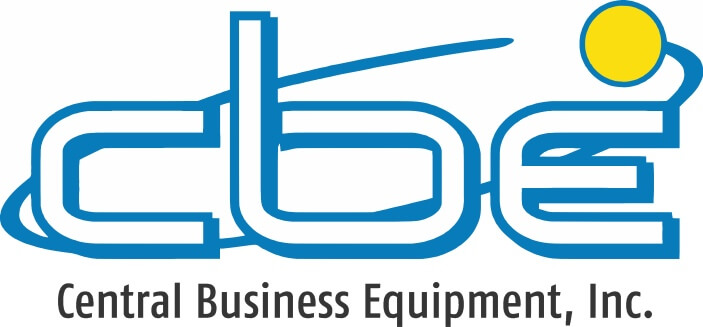5 Types of Documents for Your Business Shredder
However, once your documents are shredded, they’re gone for good, so knowing what types of documents belong in the shredder and when will keep you from shredding anything you’ll come to regret. Here are five types of documents that should go through your business shredder once you’re done with them.
1. Financial Statements
Documents containing financial information, such as bank statements or credit card statements, can be used by an identity thief. While you may keep these things in your records, only the most recent copies should be kept. Anything older than about three years should be disposed of in a shredder. If you haven’t already considered, sign up for paperless statements, to have this information sent straight to your business email. Then, you can digitally file them in a secure place, and you won’t have to worry about a paper trail.
2. Documents with Employee Information
Similarly, any documents that contain personal or employee information such as addresses, names, social security numbers, or payment information, should be disposed of in a business shredder. You don’t want your own information stolen, but you also definitely don’t want to be responsible for the theft, misuse, or misplacement of someone else’s information. This opens you up to liability issues and potentially, lawsuits. Employees should also be encouraged and reminded on how to throw away documents, as they are also responsible for where their papers end up.
3. Tax Records
Tax records are good to keep filed away, but after three years, it’s typically time to dispose of the old ones. Since they are littered with all kinds of personal, financial, and workplace information, they shouldn’t be tossed in a trashcan. Personal information like this is what identity thieves are after, so don’t let you or your business fall victim.
4. Junk Mail
Have you ever gotten junk mail and not thought anything of it? Well, think again. Junk mail can have more than a name and address, but also can contain personal information like pre-authorized credit cards or information associated with insurance, that could end up in the wrong hands. Junk mail might not be of any use to you, but the personal information that comes with it can be of use to someone else.
5. Voided Checks
If your business voids or cancels a check, that doesn’t mean it’s not of value. Checks contain both a bank routing and account number, in addition to full names, addresses, and sometimes phone numbers. For these reasons, it’s best to do more than write “void” on a check. Go the extra step and dispose of them in a business shredder to ensure no personal information gets misused.
To contact us for all of your office equipment needs, click here.
